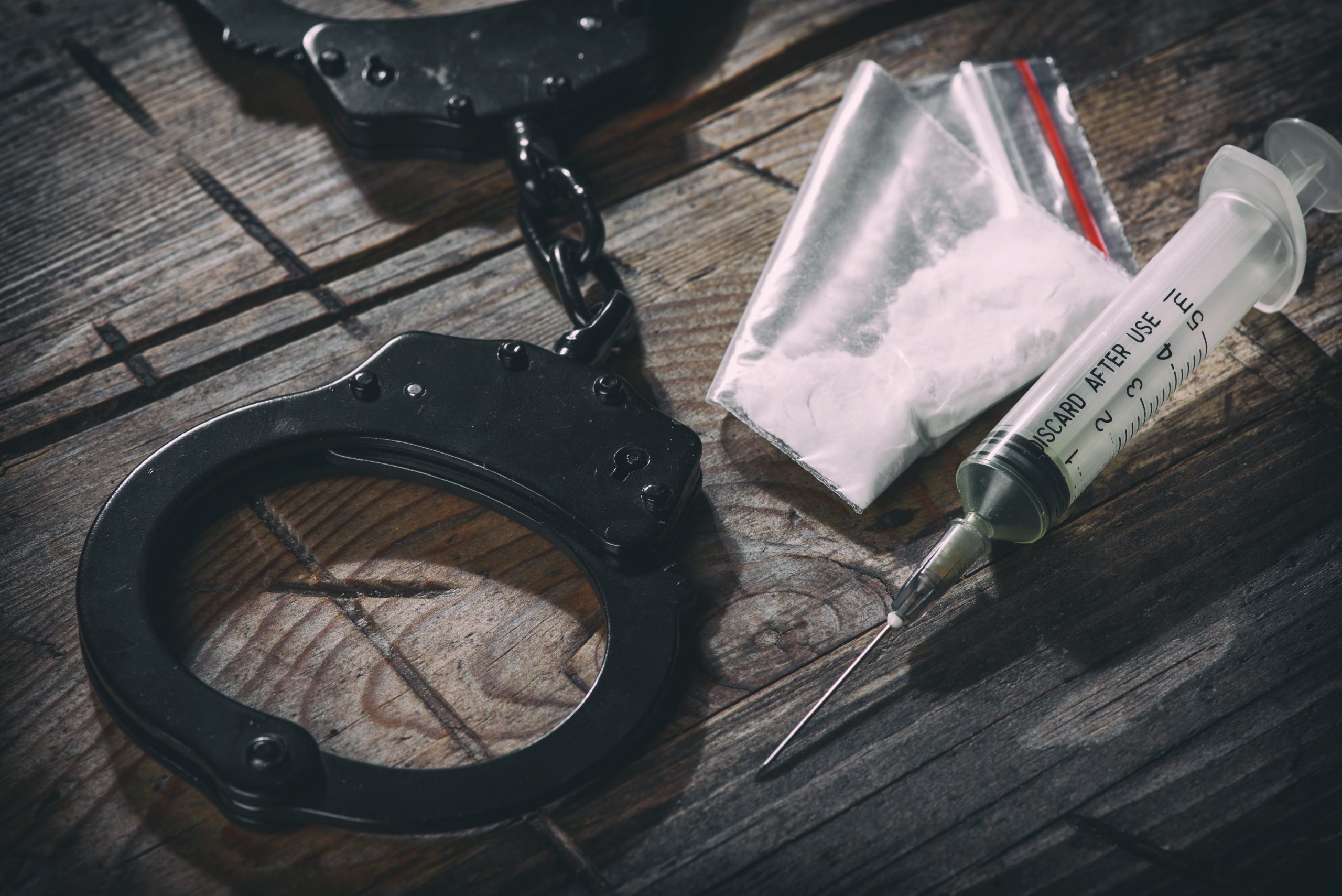The prosecutions of drug-related offenses are governed by the Controlled Drugs and Substances Act (CDSA) which was brought into force on May 14, 1997, and created a new scheme for the regulation of certain dangerous drugs and narcotics, now known as “controlled substances”. The CDSA repealed and replaced the Narcotic Control Act and Parts III and IV of the Food and Drugs Act, and effectively consolidated in one Act, the major provisions dealing with illicit drugs.
How Big of a Deal is It?
The drug offenses are considered to be very serious especially when the drugs involved are dangerous, such as cocaine, heroin, or fentanyl, and where the amount of drugs involved is significant. The offenses themselves range from simple possession of drugs to possession for purpose of trafficking, trafficking, and conspiracy to traffic.
So What Am I in For?
Persons convicted of drug offenses often face jail sentences. In fact, section 10 of the CDSA specifically lists certain aggravating factors which require the sentencing judge to give reasons for declining to impose a jail sentence if any of those factors are present in the case.
Drug trafficking offenses have been attracting longer and longer sentences over the past years and some drug-related charges are subject to mandatory minimum jail terms.
In addition, there are collateral consequences of drug-related convictions. For instance, a person convicted in Canada will most likely not be admitted into the United States even for a casual visit.
The drug cases are prosecuted by federal Crown Attorneys specially trained in this area of criminal law and the police devote formidable resources for the investigation of these cases. It is not uncommon today to encounter massive drug prosecutions based on months or even years of surveillance, involving dozens of accused persons and tremendous volumes of wiretaps and other materials.
Considering the skills and resources the government has against people accused of drug offenses, such people should settle for nothing less than experienced defense counsel ready to take on the challenge and help in refuting the charges or minimizing the consequences of a conviction.
So How Can You Defend Me?
Since the vast majority of drug offenses come to light as a result of various forms of searches, not surprisingly the defense often focuses on the legality of such searches. Accordingly, any drug lawyer should be well familiar with the constitutional principles governing the validity of searches and the admissibility of evidence derived from them.
Two main groups of searches are (I) warrantless searches and (ii) searches conducted pursuant to search warrants. In case of warrantless searches, the Crown must show sufficient grounds for the search in order for the search to be legal. In the case of the searches pursuant to search warrants, the defense must show that the warrant is invalid or the search was not conducted in accordance with the warrant.
However, demonstrating that the search was illegal is only the first step to a successful defense. Step #2 is to persuade the court that due to the illegality of the search, the results of the search should be excluded from evidence. This is a mandatory and critical stage in any case where the accused claims violation of his constitutional rights. After all, if the evidence is not excluded at the end of the day and this evidence is capable of proving guilt beyond a reasonable doubt, any efforts to show constitutional breaches will have been fruitless. In 2009, the Supreme Court of Canada enunciated the new test for determining whether the evidence obtained as a result of constitutional violations should be excluded and any experienced defense counsel should know the test by heart and should be able to relate the general test provisions to the particular facts of the client’s case to tip the scales in favor of exclusion of evidence.
The outcome of drug prosecutions also often turns on the interplay between the accused and the drugs. For example, you should not be found guilty of possession of drugs (whether for purpose of trafficking or not) if you do not know that you in fact possess them. Thus, if a stranger asks you to keep an eye on his suitcase while he runs to a washroom and then a specially trained dog detects that the suitcase contains cocaine, you should not be found guilty of possession of cocaine. This example, of course, is not meant to encourage anyone in this day and age to do such favors to strangers.
Another scenario involves the degree of control of a vehicle where the drugs are found. While the driver of such a vehicle clearly has control of it, the same considerations do not necessarily apply to a passenger.
If the drugs are found in a home, the Crown must show the connection between the accused and the home. In a recent case, my client was acquitted of possession for the purpose of trafficking 221 marijuana plants found in the basement of a home simply because the Crown failed to establish that he was a tenant at the relevant time.
Sometimes, the Crown comes to court armed with audio recordings of telephone conversations purporting to prove the drug transactions. Then it is common to hear evidence from the police officers “interpreting” what certain words or phrases mean in the drug world and the task of the defense counsel is to discredit the police expertise and demonstrate that the same words or phrases can have perfectly innocent meaning.
While the drug offenses are very complex and often difficult to defend and consequences of a conviction may be extremely serious, just because you have been charged with such an offense does not mean you are necessarily going to jail, however, it is crucial to entrust your case to experienced drug lawyer to achieve success.
